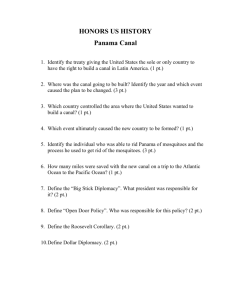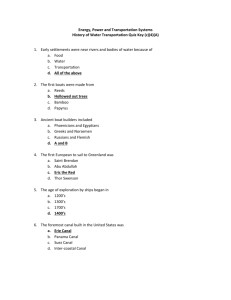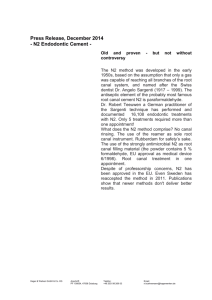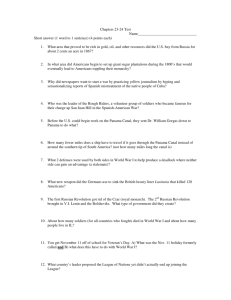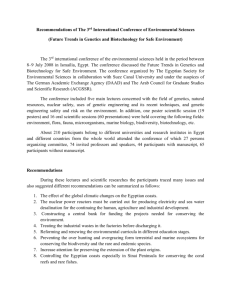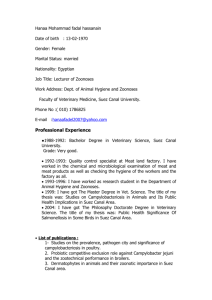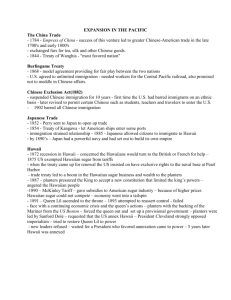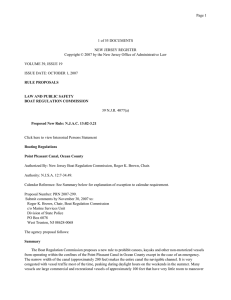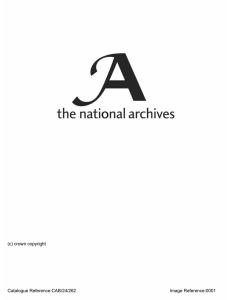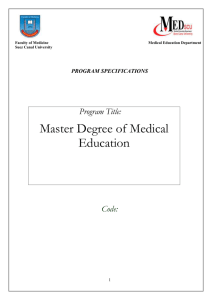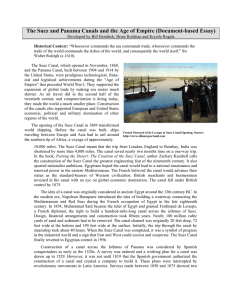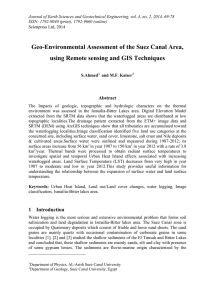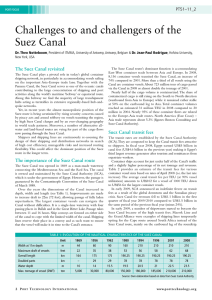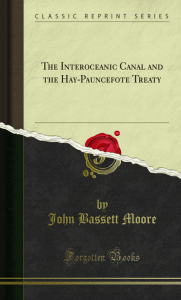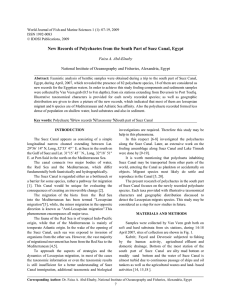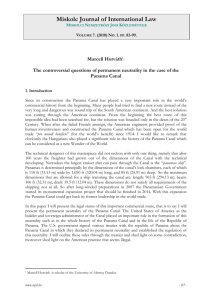Document
advertisement
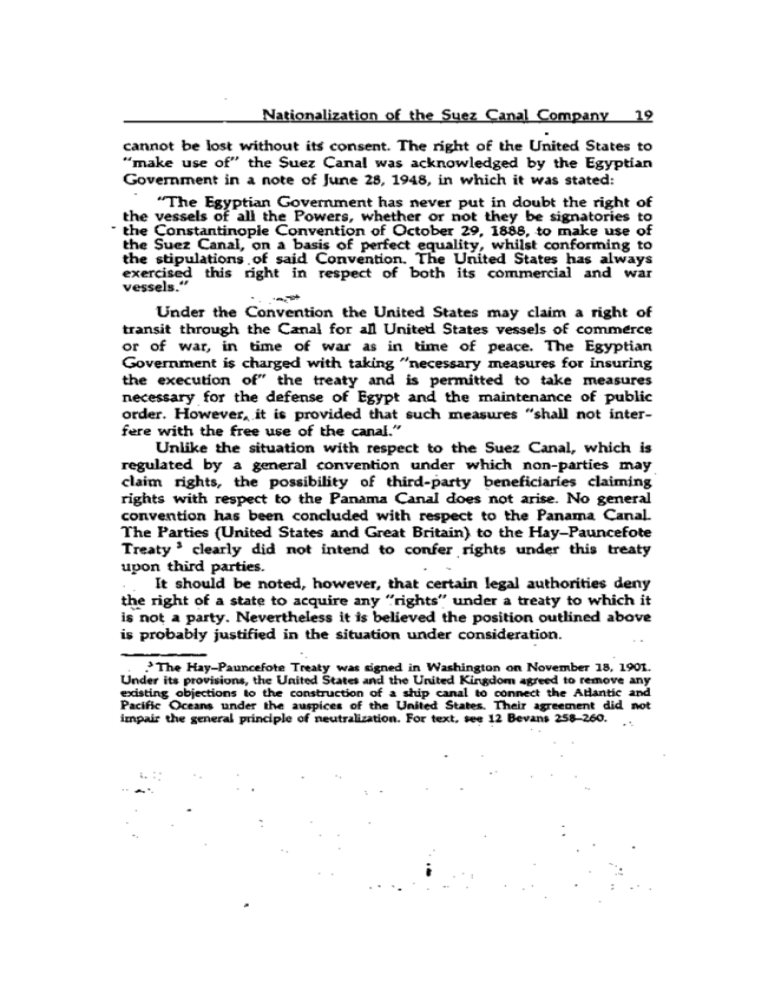
Nationalization of the Suez Canal Company 19 cannot be lost without its consent. The right of the United States to "make use of" the Suez Canal was acknowledged by the Egyptian Government in a note of June 28, 1948, in which it was stated: "The Egyptian Government has never put in doubt the right of the vessels of all the Powers, whether or not they be signatories to the Constantinople Convention of October 29, 1888, to make use of the Suez Canal, on a basis of perfect equality, whilst conforming to the stipulations of said Convention. The United States has always exercised this right in respect of both its commercial and war vessels." - -Wv^ Under the Convention the United States may claim a right of transit through the Canal for all United States vessels of commerce or of war, in time of war as in time of peace. The Egyptian Government is charged with taking "necessary measures for insuring the execution of" the treaty and is permitted to take measures necessary for the defense of Egypt and the maintenance of public order. However,, it is provided that such measures "shall not interfere with the free use of the canal." Unlike the situation with respect to the Suez Canal, which is regulated by a general convention under which non-parties may claim rights, the possibility of third-party beneficiaries claiming rights with respect to the Panama Canal does not arise. No general convention has been concluded with respect to the Panama Canal. The Parties (United States and Great Britain) to the Hay-Pauncefote Treaty 3 clearly did not intend to confer rights under this treaty upon third parties. It should be noted, however, that certain legal authorities deny the right of a state to acquire any "rights" under a treaty to which it is not a party. Nevertheless it is believed the position outlined above is probably justified in the situation under consideration. .3 The Hay-Pauncefote Treaty was signed in Washington on November 18, 1901. Under its provisions, the United States and the United Kingdom agreed to remove any existing objections to the construction of a ship canal to connect the Atlantic and Pacific Oceans under the auspices of the United States. Their agreement did not impair the general principle of neutralization. For text, see 12 Bevans 258-260.
